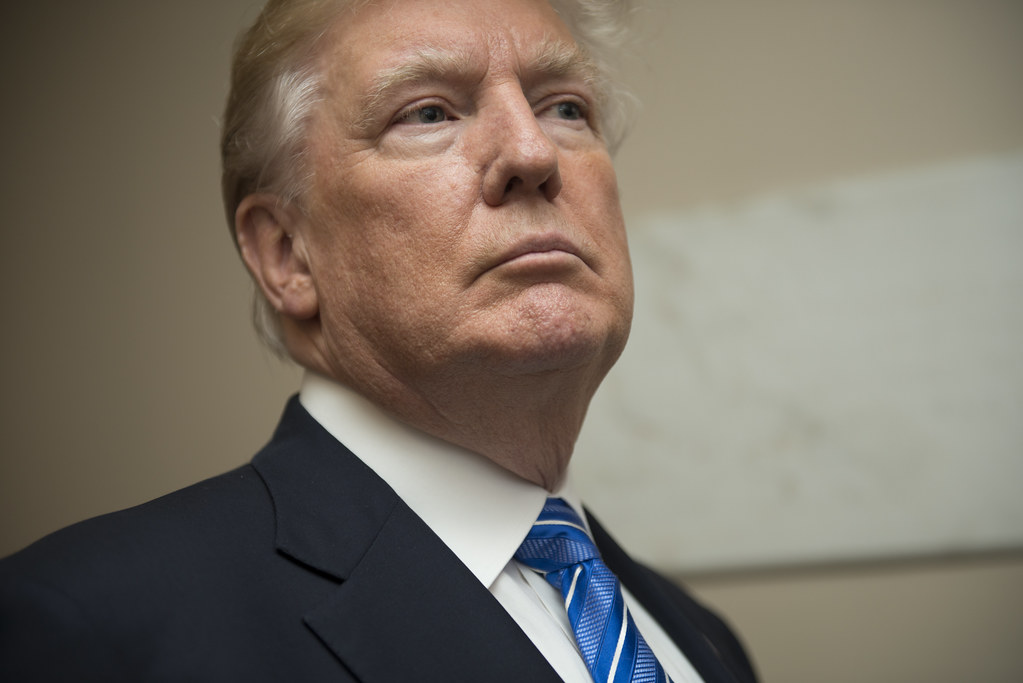Key Takeaways
- Ben Rhodes warns the Trump team is using “authoritarian” tactics to curb free speech.
- Trump allies blame left-wing language for the murder of conservative activist Charlie Kirk.
- Administration figures question whether free speech covers criticism of their actions.
- Debate kicks off a bigger fight over who can speak without fear of silencing.
A New Attack on Free Speech
In recent days, the Trump administration has openly challenged the idea of free speech. Leaders like the president and the attorney general suggested certain groups might lose their speech rights. As a result, critics worry that this move could chill open debate. They fear that once you allow officials to pick and choose which voices matter, speech dies for everyone else.
Why Free Speech Is Under Fire
First, conservative activists blamed harsh language for a violent act. Then, high-ranking officials agreed. Suddenly, phrases such as “fascist” or “Nazi” felt off limits. Meanwhile, those on the other side saw a pattern. They viewed this as a classic play from an authoritarian manual. By claiming only one side can use strong words, the administration tries to stifle criticism. Moreover, this stance could set a dangerous precedent for speech rights in America.
What Ben Rhodes Said
Former Deputy National Security Advisor Ben Rhodes spoke out on Pod Save The World. He called this tactic “the classic authoritarian playbook.” Rhodes argued that after years of poisoning discourse, people like Kash Patel claim new speech privileges. Rhodes pointed out the double standard. If only one side gets to offend, true dialogue stops. He warned that silencing critics does not heal society. Instead, it deepens its divides and puts free speech at risk.
How Officials Responded
President Trump and Attorney General Pam Bondi quickly pushed back. They said rough talk by left-wing activists inspired the violent act. Then they questioned whether critics still deserve free speech. In their view, words carry a weight that can spur real harm. And so, they suggest those words must face limits. However, civil rights experts worry this logic undermines the First Amendment. After all, once the government labels words as “too toxic,” free expression shrinks.
Why This Debate Matters
First, free speech is a pillar of democracy. It protects ideas we hate as well as those we love. Second, when speech loses protection, power becomes absolute. History shows us that repressive states start by silencing critics. Then they move to lock up citizens. Therefore, keeping speech broad and strong keeps democracy alive. Furthermore, open talk can solve real problems, from health care to climate. If we lose that, tough talks will go underground.
Looking Ahead
In the weeks to come, we will see which path the administration picks. Will it limit what critics can say? Or will it defend the right to speak freely, no matter how harsh the words? Congress may step in. Courts could also rule on related cases. Meanwhile, activists on both sides will ramp up their voices. Ultimately, how America answers this fight will shape public debate for years to come.
Frequently Asked Questions
What is the core conflict over free speech?
The fight centers on whether government officials can decide which words or groups lose protection under the First Amendment. Critics say that choice gives them too much power.
Who is Ben Rhodes and why is his view relevant?
Ben Rhodes served as Deputy National Security Advisor under President Obama. His national security role and media savvy give weight to his warnings about authoritarian tactics and speech limits.
Which officials questioned free speech rights?
President Trump and Attorney General Pam Bondi, along with others close to the administration, suggested that violent acts change who can speak freely and what terms people may use.
How might this debate affect future politics?
If officials win the power to choose protected speech, they could silence opposition. That outcome could weaken democratic checks and allow harsher measures against critics.
